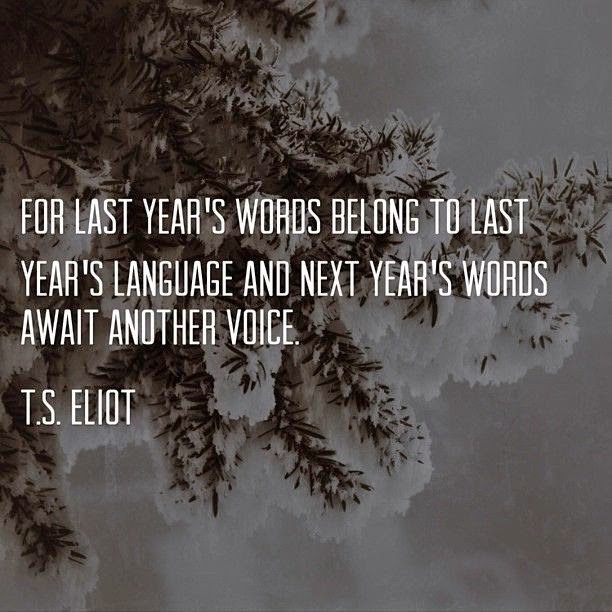Piracy or Exchange? The Fate of Ideas in the Avaricious Academy
Recently, a friend and fellow historian read a section of my manuscript for me. She made an acute observation about the ways my protagonists consistently dug deep into the past whenever faced with a new conflict or challenge. "Interesting how they always take the long view," she noted in a comment. The long view. I love the phrase. So much so, in fact, that I am determined to use it. I might even incorporate it into the title of my book when it emerges. I will acknowledge my colleague's general brilliance and specific contribution in the acknolwedgements that preface the book. I will figure out a way to cite her. If her phrase makes it into the title, I will buy her a bottle of wine. As a tenured faculty member at a research university, my colleague will probably feel duly recognized and appreciated. This, after all, is part of our job -- to exchange ideas freely for the benefit of others. As a tenure-track faculty member at a regional...




